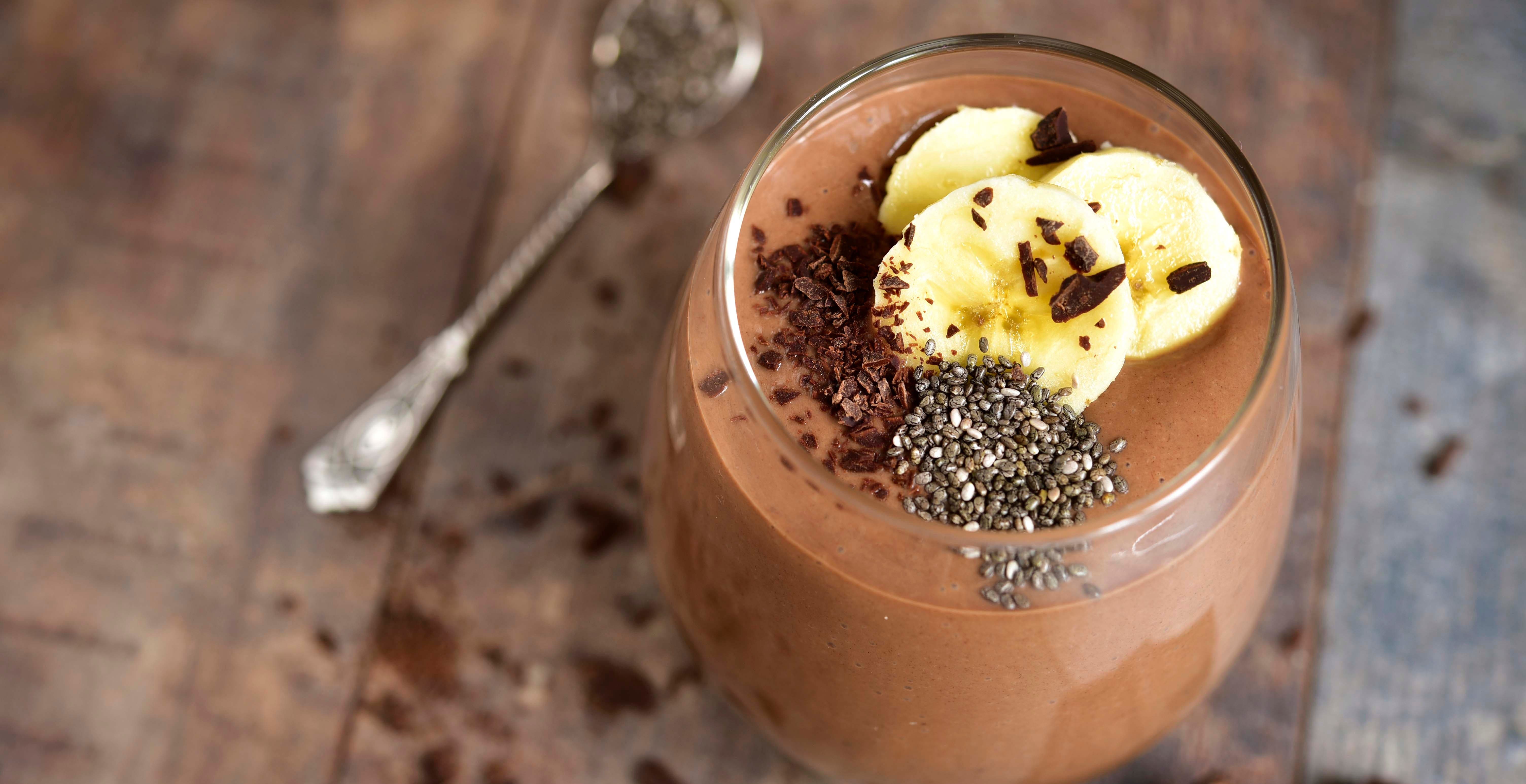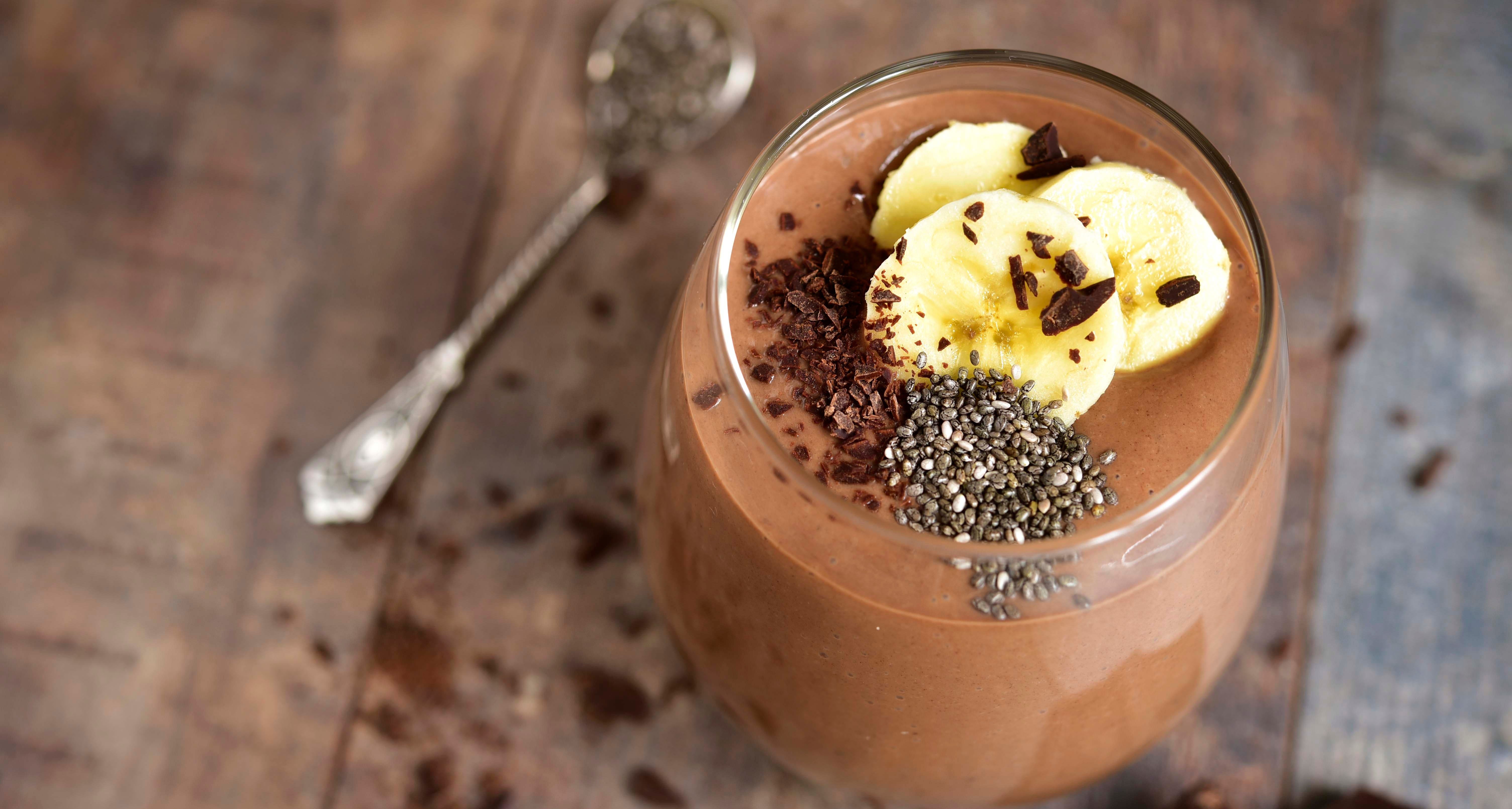Energy-Boosting Foods


It’s so easy to seek out an extra cup of coffee or other caffeinated beverage when the morning seems to be dragging by, or you’re facing a mid-afternoon slump. While a sudden jolt of caffeine can help in the short-term, keeping a few energy-boosting foods available is a better option in the long-term.
When to eat for high energy
Breakfast is essential for getting your day off to a good start, it doesn’t have to be complicated and it can be eaten at home or at work. If possible, try to eat no later than an hour after waking up as this will give your body the energy it needs to begin the day. Aim for foods that contain complex carbohydrates, protein and healthy fats; this combination of nutrients will keep you feeling energized for a longer amount of time. Instead of eating three large meals, try to eat less but more often; this method will prevent your energy levels from dipping too low which can often lead to poor food choices.
5 Foods to Boost Energy Levels
Dark chocolate
Chocolate lovers can rejoice! Dark chocolate is often praised for its heart-healthy antioxidants, but did you know that it also contains moderate levels of caffeine? Defined as chocolate that hasn’t had any milk solids added, it is graded by the amount of cocoa solids present in the chocolate. For optimum health benefits look for bars that contain at least 70 and up to 80 per cent cocoa solids; dark chocolate in this range will have a fruit-forward and mildly bitter flavour making it the perfect snack to slowly savour.
Quinoa
Increasingly, quinoa (pronounced “keen-wah”) has become a popular ingredient easily found on grocery store shelves and restaurant menus which is no surprise considering quinoa’s amazing nutritional and energy-boosting benefits. Although quinoa is often referred to as a grain, it’s actually a type of seed in the same family as spinach and Swiss chard. What makes quinoa so incredible is the fact that it’s a complete protein, high in fibre, and a great source of iron. All of these factors combined means that quinoa will keep your energy and hunger levels sustained for long periods of time.
Nuts and nut butters
When eaten in small amounts, nuts and nut butters are fantastic sources of energy that can be eaten at your work desk or on the go. Nuts and nut butters contain plenty of protein and healthy fats which are ideal for keeping energy levels high. When shopping for nut butters, choose options that are free of sugar and oil or better yet, grind your own nuts and keep the butter refrigerated to prevent it from going rancid. Keep portions small and choose nuts that are raw or lightly roasted while steering clear of candied or heavily salted options.
Bananas
Bananas are the ultimate portable snack, they don’t need to be refrigerated and they can be tossed into your purse or desk drawer for an emergency energy booster. Bananas are full of fibre, complex carbohydrates, antioxidants, and potassium, as well as natural sugars making them an ideal option for a mid-afternoon snack. Bananas can be eaten on their own, added to smoothies and oatmeal, or spread with your favourite nut butter. Try freezing bananas and blending in a food processor for a delicious frozen treat full of nutritional benefits and long-lasting energy.
Chia seeds
Chia seeds may be tiny in size, but they’re veritable giants in terms or their nutritional benefits and energy-sustaining properties. While chia seeds are relative newcomers to the superfood scene, they were at one time a staple of the ancient Aztec diet due to their amazing performance-enhancing properties. Chia seeds are high in fibre, protein, and Omega-3s while also being low in calories and gluten-free, making them ideal for anyone looking to enhance their energy levels. Combine a couple of tablespoons of chia seeds with the milk of your choice, a scant drizzle of honey and cinnamon and let sit overnight for a chia seed pudding that’s as tasty as it is good for you.
